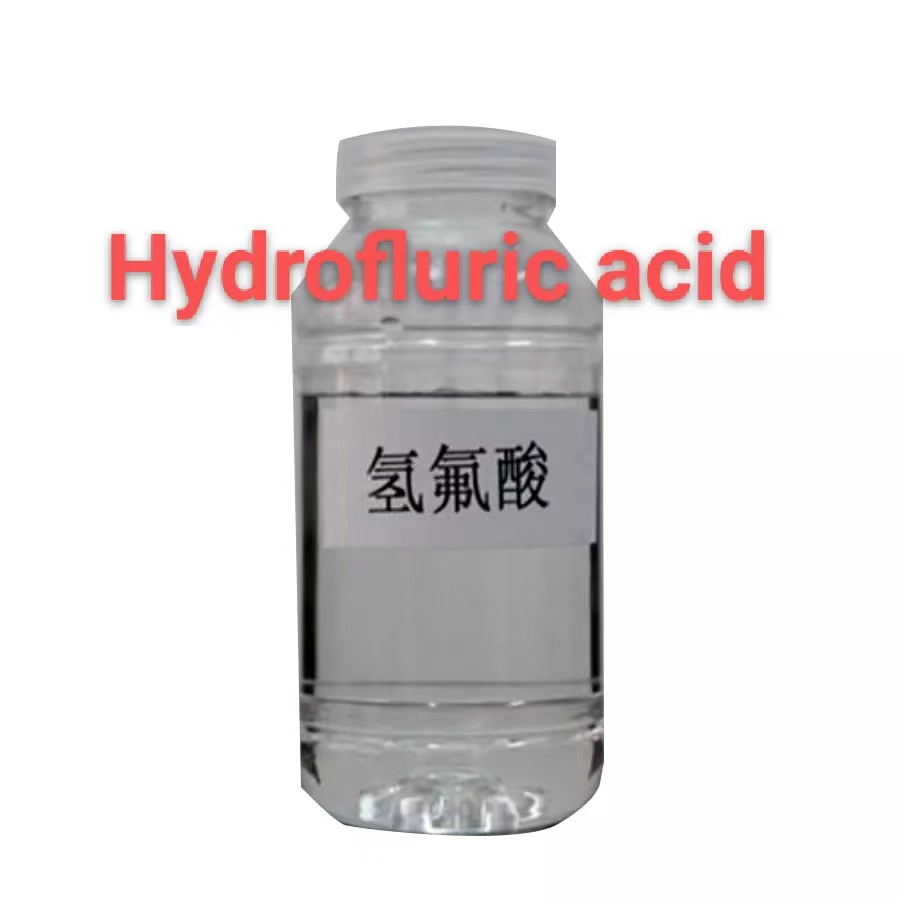Which One Among Sulfuric Acid, Hydrochloric Acid, And Hydrofluoric Acid Is Superior?
Sulfuric acid, hydrochloric acid and hydrofluoric acid are all common chemical acids, and because they differ in their chemical properties, they have their own advantages and disadvantages in different application scenarios. Here are a few ways to compare their performance:
1. Acid: Sulfuric acid (H2SO4) is a strong acid, which can completely ionize into hydrogen ions (H+) and sulfate ions (HSO4-) : H2SO4 H+ + HSO4-
The acid dissociation constant is large, which indicates that it has strong acidity.
Hydrochloric acid (HCl) is also a strong acid, fully ionizing into hydrogen ions (H+) and chloride ions (Cl-) : HCl H+ + Cl-
The acid dissociation constant is also a large value, indicating that it has a strong acidity.
Hydrofluoric acid (HF) is a weak acid that only partially ionizes into hydrogen ions (H+) and fluorine ions (F-) : HF H+ + F-
At the same concentration, sulfuric acid is more acidic than hydrochloric acid because the sulfur atoms in sulfuric acid molecules attract hydrogen ions more easily than the chlorine atoms in hydrochloric acid molecules. Hydrofluoric acid is less acidic than sulfuric and hydrochloric acid, but it has a strong ability to dissolve many compounds.
2. Corrosivity: Because sulfuric acid and hydrochloric acid can react with metals to produce hydrogen, they are corrosive. However, the corrosion of hydrofluoric acid to metals is very weak, and it mainly produces corrosion effects on non-metallic materials such as silicon and silica.
3. Oxidation: Sulfuric acid and hydrochloric acid are not oxidizing by themselves, but they can react with some oxidants to produce oxidation capacity. Hydrofluoric acid is not oxidizing, but it can react with some reducing agents to produce oxidizing capacity.
4. Toxicity: Sulfuric acid, hydrochloric acid and hydrofluoric acid are all toxic, but their toxicity is different. The toxicity of sulfuric acid is mainly manifested in the stimulation of respiratory organs, while the toxicity of hydrochloric acid is mainly manifested in the corrosion of skin. The toxicity of hydrofluoric acid is mainly manifested in the corrosion of bones and teeth.
To sum up, sulfuric acid, hydrochloric acid and hydrofluoric acid have their own advantages and disadvantages in different application scenarios. For example, in the manufacture of chemical reagents, if strong acids are needed to dissolve metals or generate oxidation capacity, sulfuric or hydrochloric acid may be more suitable; If strong acids are needed to dissolve non-metallic materials, then hydrofluoric acid may be more suitable. Therefore, when choosing which acid to use, it needs to be determined according to the specific application scenario and needs.
